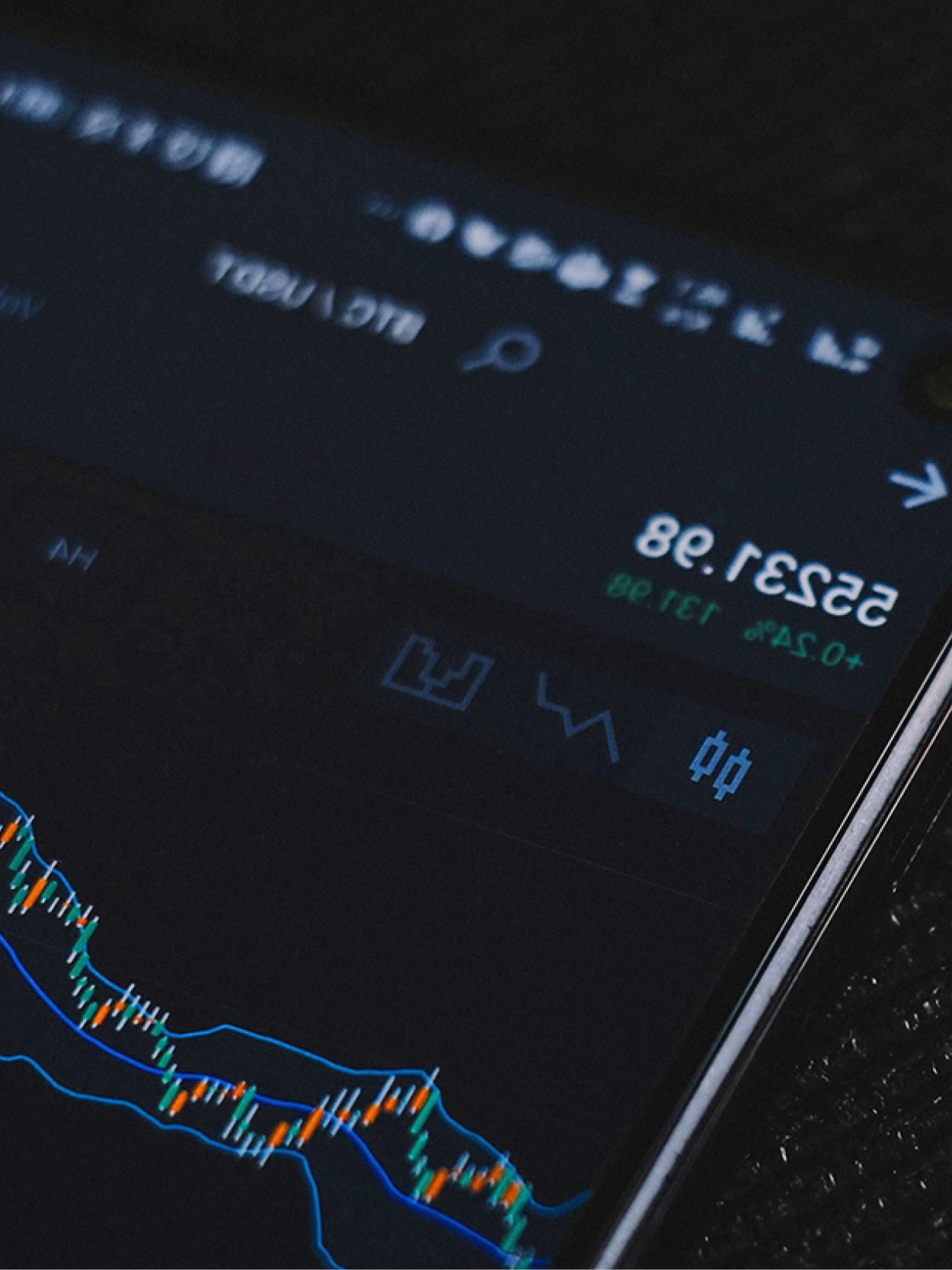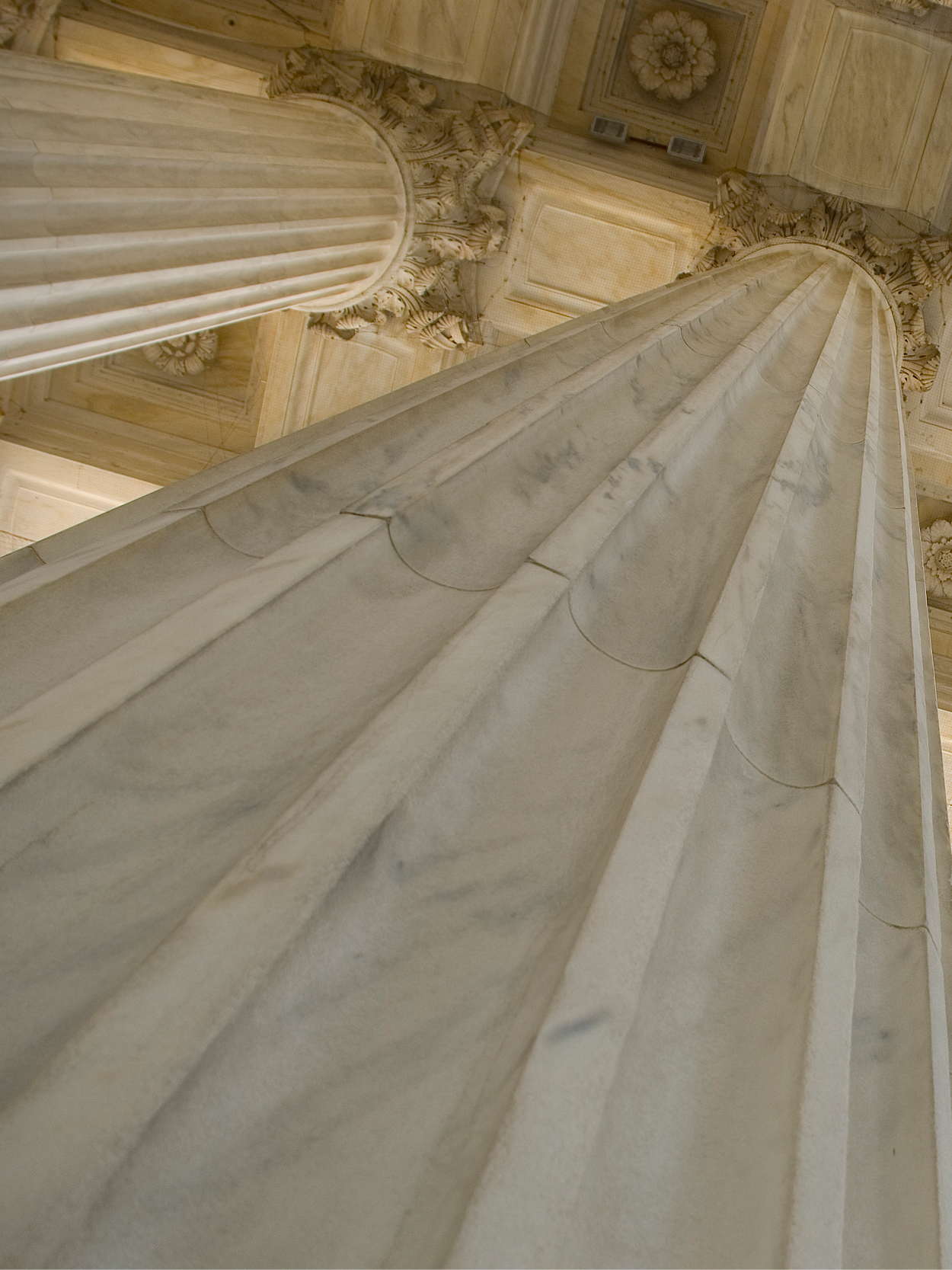Skip to main content
Featured Topics
Featured Insights
- Antitrust & Competition
- Banking & Finance
- Capital Markets
- Corporate & Securities
- Cybersecurity & Data Privacy
- Financial Services
- Global Investigations & White Collar Defense
- International Arbitration
- International Trade
- Lending
- Litigation & Dispute Resolution
- Mergers & Acquisitions
- Private Credit
Featured Topics
Featured Insights












